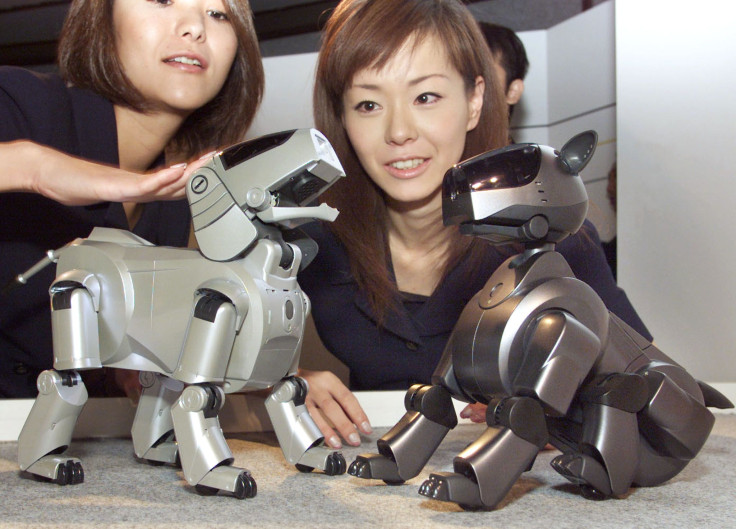Robotic Pets To Replace The Real Ones In A Decade

With an increase in preference for technology, along with migration of people to high-density city living, going for a walk with a robo pet is not as far-fetched. University of Melbourne animal welfare researcher Dr Jean-Loup Rault claims that robotic pets could replace their living counterparts by 2025. According to him the real pets will soon become a thing of luxury when living in an densely populated world, and people might have to make-do with chips and circuits that mimic the real thing.
He says, "It might sound surreal for us to have robotic or virtual pets, but it could be totally normal for the next generation. It’s not a question of centuries from now. If 10 billion human beings live on the planet in 2050 as predicted, it's likely to occur sooner than we think. If you'd described Facebook to someone 20 years ago, they'd think you were crazy. But we are already seeing people form strong emotional bonds with robot dogs in Japan."
Rault said the pet robotics existed in the Tamagotchi in Japan as early as the mid-90s. The people in Japan are becoming so attached to their robot dogs that they even hold funerals for it when the circuits die. He began his research on this particular aspect after finding a huge lack of crucial information which might help forming a link between the technology and its influence on human relationships with animals in the future.
He further adds, "You won't find a lot of research on pet robotics out there, but if you Google robot dogs, there are countless patents. Everyone wants to get ahead of this thing because there is a market and it will take off in the next 10 to 15 years. But the emergence of robotic pets is a double-edged sword. They can benefit people who are allergic to pets, short on space, in hospital, or scared of real animals, but the ethics of depending on a robot for companionship begs many big ethical questions”.
Rault is of opinion that robots surely do trigger human emotions. If robotic pets could provide people with similar benefits that they get from our real pets, it implies that the emotional bond with animals is really just an image that people project on to their pets. Furthermore, the engineers that are working in creating robotic dogs do work on social intelligence, along with addressing the need of people from their dogs: companionship, love, obedience and dependence since it will allow them to replicate it as close as possible to a real pet.
To contact the writer, email:ruchira.dhoke@gmail.com





















